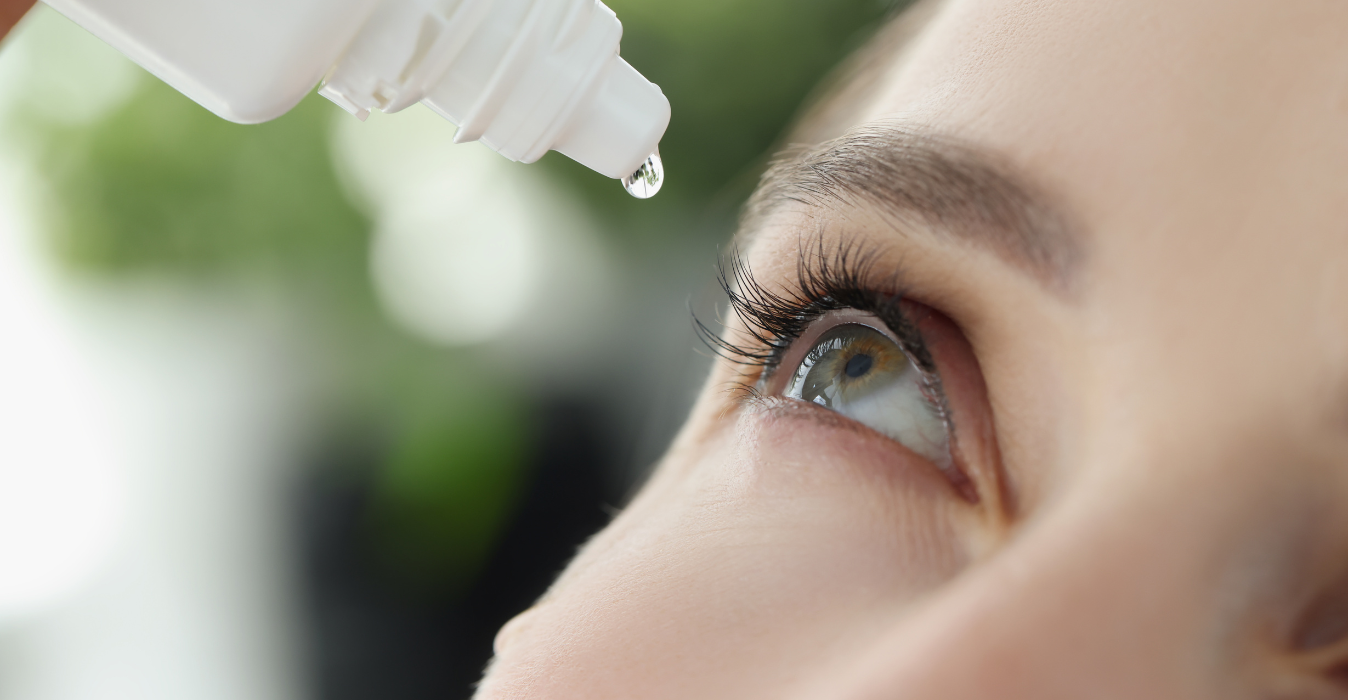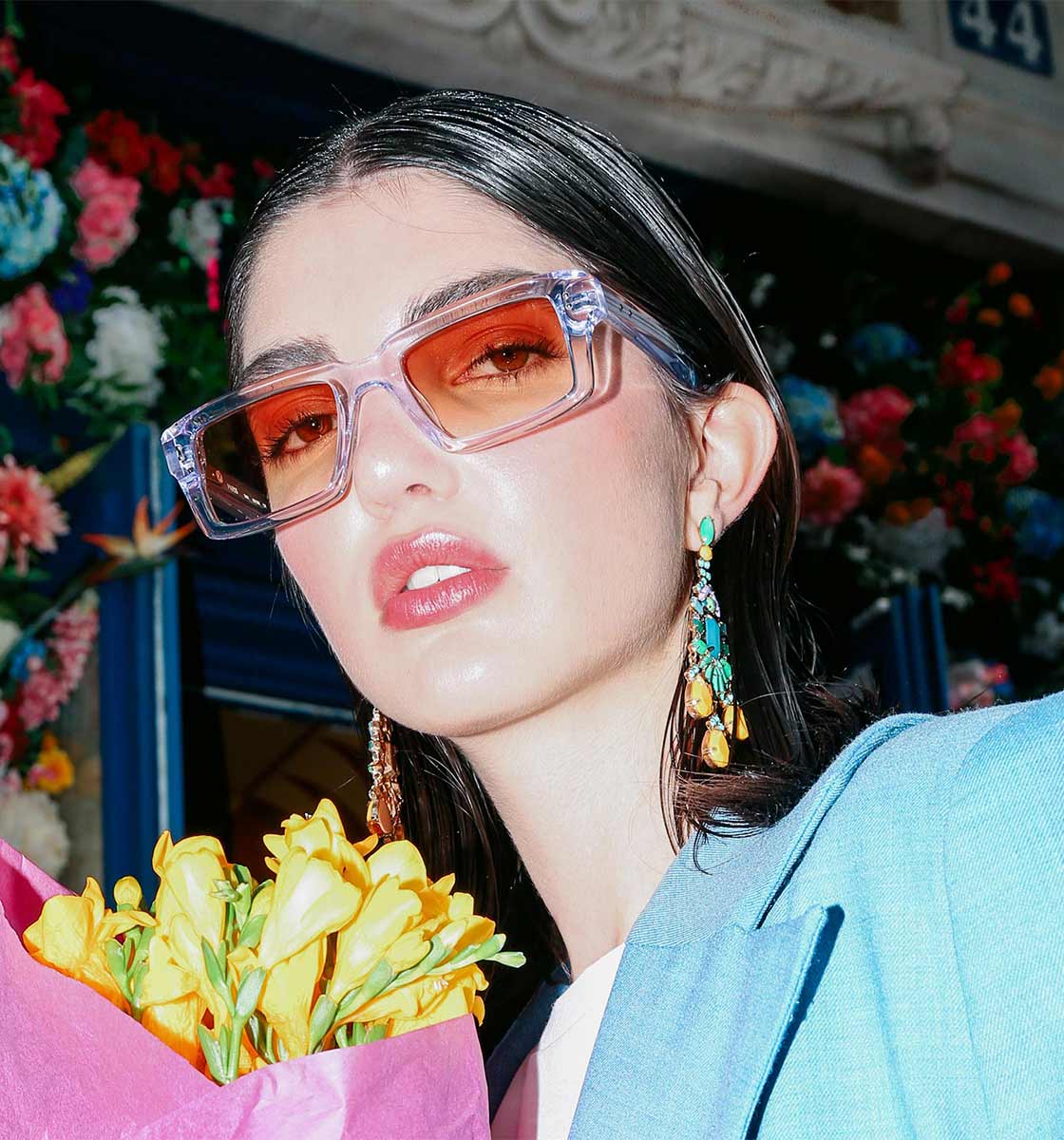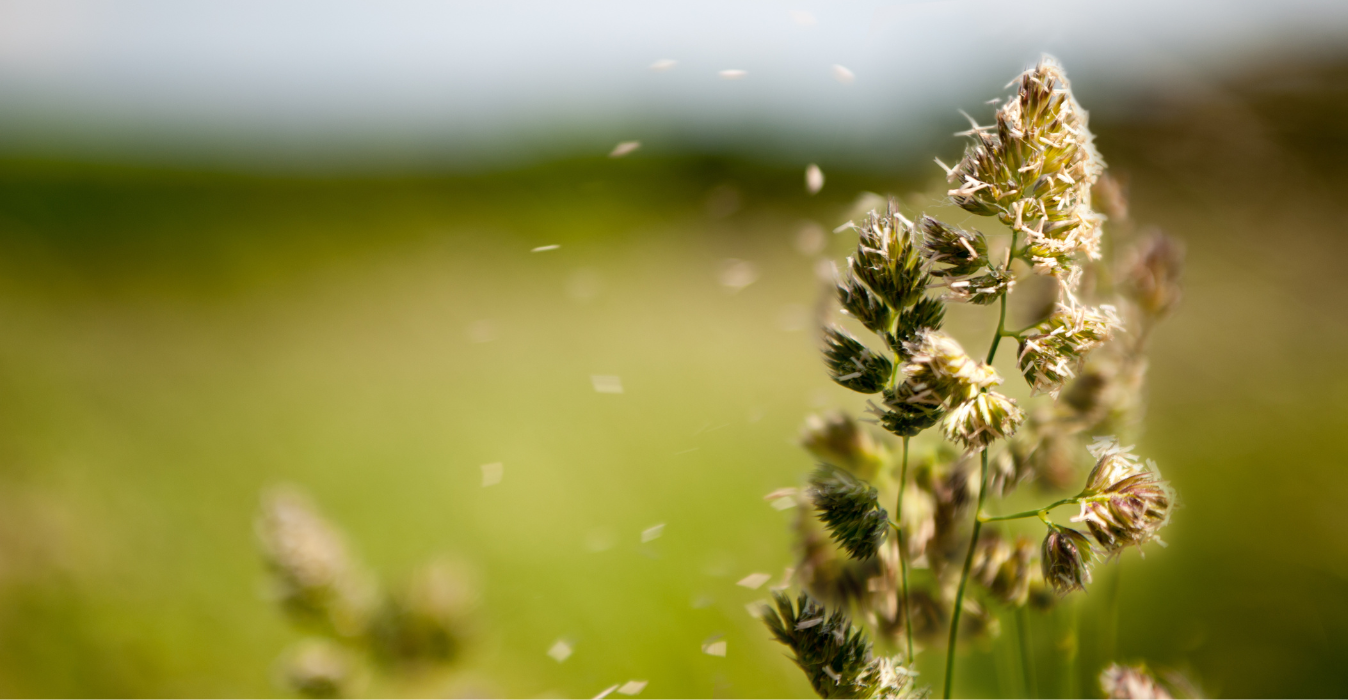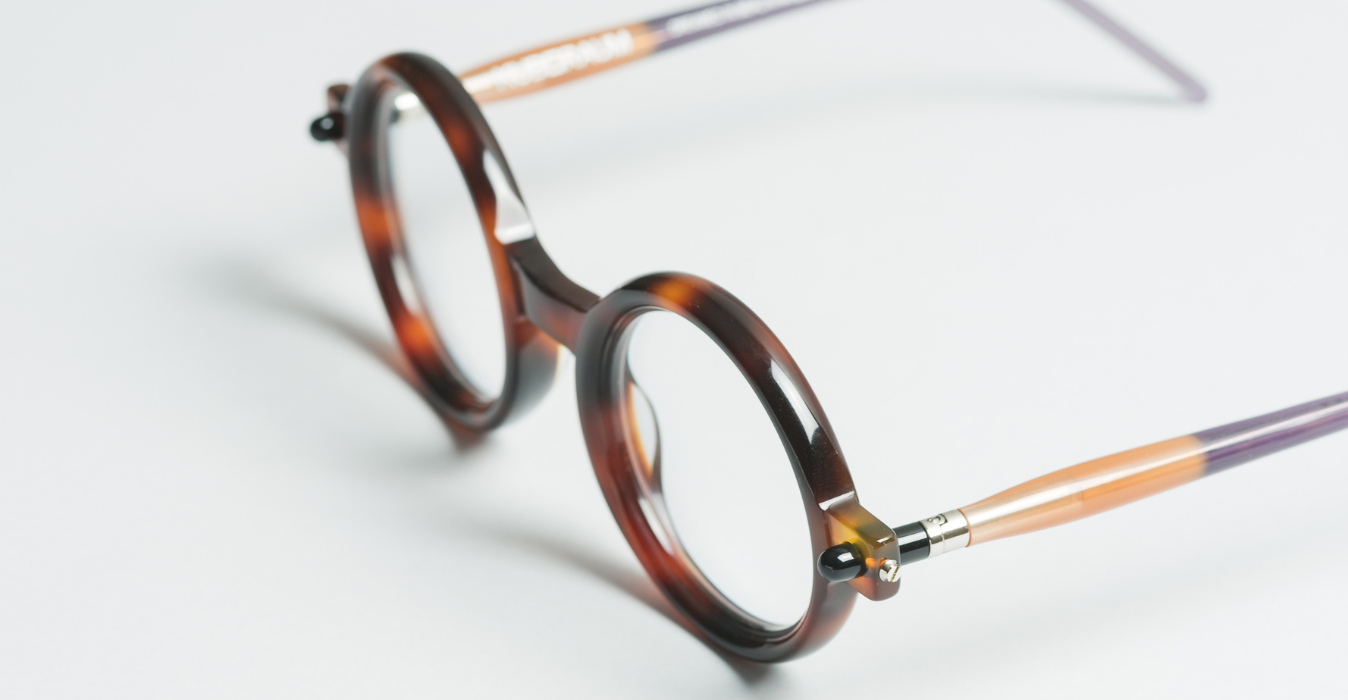
How to cure eye allergy?
Treat eye allergy it is essential to alleviate this annoying disorder that can make your days really difficult.
In fact, eye allergies can disturb your daily life, manifesting themselves with symptoms such as intense itching, redness, swelling of the eyelids and tearing, as well as a burning sensation. Often the allergy is associated with an increase sensitivity to light and excessive mucus production or ocular secretions .
But with some attention, adequate eye protection and the use of targeted products, you can get relief and cure the disorder.
Let us now delve into these remedies precisely, to eliminate the inconvenience of eye allergy and have clear and comfortable vision every day.
1. Don't rub your eyes
We know well about Not rub your eyes . It is an almost irresistible temptation when we feel them itching due to an ocular allergy, but it is a truly counterproductive habit in treating the disorder; so much so that it can even make the situation worse.
Let's understand better why.
When the eyes are affected by allergies, they react by increasing the production of histamine, a chemical that causes itching and inflammation. Rubbing your eyes seems to give immediate relief, but it is very short-lived and actually makes the situation worse.
Finger movement can transfer allergens or bacteria from your hands to your eyes, worsening irritation and the risk of infection.
But with a little self-control and some forethought we can soothe the discomfort and cure the eye allergy, rather than irritating them further. So here's what we can do:
Instead of rubbing your eyes, here's what you can do.
- Gentle Wash: Using saline solutions or cold water to gently wash your eyes helps remove allergens and bacteria without damaging the surface of the eye.
- Application of cold compresses, such as cold tea bags to reduce swelling of the eyelids. They can be placed gently on closed eyes for a few minutes.
- Use of humidifiers to keep the air less dry and irritating.
- Allergen Protection: Wearing sunglasses when outdoors protects your eyes from allergens like pollen.
- Usage of eye drops specific such as antihistamines or lubricants, designed to reduce itching and soothe inflamed eyes.
We will talk about these last two points in more detail shortly.
Of course, if the symptoms persist or worsen, we do not hesitate to consult an expert in the optical sector to personally examine our case.
2. Protect them with sunglasses
As we anticipated, protect with sunglasses eyes sensitive to allergy contributes largely to reducing the impact of allergens.
In fact, sunglasses play a crucial role in protecting and treating your eyes from allergens and damage caused by sunlight. They act as an effective barrier, filtering pollen, dust and other irritating particles from the air. This is especially important on high concentration days pollen or when you are in highly polluted outdoor environments.
Therefore, if you are an allergy sufferer, it is advisable to wear them whenever you are outdoors. Whether you are walking around the city, spending a day at the beach or doing sports, eye protection should be a priority. Sunglasses give you the peace of mind of clear, comfortable vision in any outdoor setting, especially if you're trying to treat an eye allergy.

In addition to their protective function, sunglasses represent a style choice, performing two useful functions. When it comes to fashion, there are many models women's sunglasses , which allow you to express your personality, from classic frames to the most daring, completing the look in an elegant way.
If for you glasses also have the purpose of protecting you and treating your allergies, you can choose them with a lens that is not too dark, which can also be worn in the morning and at dusk.
Also for men, the wide choice of men's sunglasses It adds a touch of class and sophistication to any outfit, whether formal or informal. By carefully choosing the model, you can emphasize your personal style and refine your look.
In this way, a stylish accessory also turns out to be a smart choice to protect and treat your eyes from allergies.
3. Apply antihistamine eye drops
When treating eye allergies, even the antihistamine eye drops they represent an effective choice. It is essential to understand its correct use to maximize its benefits.
They should be used at the first onset of eye allergy symptoms, such as itching, redness, swelling and tearing, because by acting promptly it is easier to prevent the symptoms from worsening and cure the problem in a short time.
Antihistamine eye drops are a fundamental resource in the management and treatment of ocular allergies. In fact, they contain antihistamines, agents that act effectively in inhibiting the effects of histamine , which is the main culprit of the allergic symptoms that affect the eyes.
The application of these drops offers a double benefit: first, it gives a quick and invigorating effect relief from itching to the eyes and secondly reduces inflammation associated with allergic reactions.
Of course, it is essential to observe some precautions during application to make the most of the healing effectiveness of these drops. First, hand hygiene is crucial: before touching your eyes or applying the drops, you must carefully wash and dry your hands to avoid contamination.
Equally important is the eye cleaning preliminary, performed delicately using a sterile cotton ball to remove any secretions or debris from the eyes. Furthermore, carefully consulting the instructions provided on the product packaging and scrupulously following the instructions of your optical professional is essential to cure the allergy by respecting the correct application and dosage.

Also remember to respect the time interval between applications, as indicated on the package, and store the antihistamine eye drops according to the specific temperature conditions and expiry date.
Their timely application and compliance with recommended precautions, such as not rubbing your eyes and wearing sunglasses to protect yourself from irritants, will ensure effective relief from annoying allergy symptoms, while preserving the health of your eyes.






